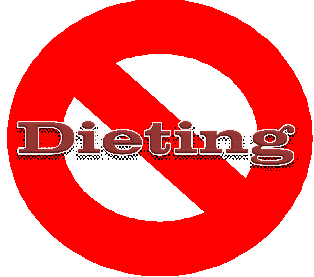3 Tips to Help You Eat Mindfully
This is a quote from my client Melinda (name changed to protect her privacy) who I’ve been working with. She originally came to see me with some GI disturbances. But as we got into a discussion in that very first session, it was apparent that she was stuck in a diet mentality with lots of food rules.
Melinda is a busy working mom. She’s constantly trying to balance her family life and work schedules, not an easy feat. She found that her eating was haphazard, and she wasn’t feeling at her best. While she wanted to make changes, she also wanted me to tell her exactly what to eat, when to eat and how much to eat. She told me that she’s a very good “rule follower”. But I proposed something different to Melinda, learning the art of mindful eating.
I introduced Melinda to the concept of mindfulness, the state of being present in the moment without judgement. First we started with mindfulness in her every day activities, and then we moved into mindfulness in her eating. As she began practicing mindful eating, she realized it’s not just about what she’s eating (as she always thought), but how she is eating.
Mindful Eating
Mindful eating encourages you to think about your food choice, consider the taste, texture, aroma and temperature of your food, and stay aware of how eating this food makes you feel during and after the eating experience. It helps you stay tuned in to hunger, satiety and satisfaction.
While mindful eating is something you can learn, the reality is that when life throws you a curve ball (i.e. a pandemic, death, job change etc), it’s easy to fall back into the rushed, haphazard, grab-and-go lifestyle you were doing for a while. However, it IS possible to continue your mindful eating practice during these times.
Here are some tips to help:
- Set up your home environment to support mindful eating practices. This means put all food away in the cabinets and pantry and not laying around on the table or counters. You will be less apt to grab on your way in and out of the kitchen.
- Avoid distractions during mealtime. While it may be tempting to catch up on the news while eating dinner, this takes your attention away from the food you are eating. Make a commitment to keep the television off and keep all phones away from the table (this goes for your family members too).
- Pause mid-meal to check in. A quick break mid-meal can help you determine if you are enjoying the food you are eating, and if you are starting to get satisfied. This practice will help you stay mindful and honor your body and taste buds.
You don’t need food rules. All you need is to slow down and be aware of your surroundings and food choices. You will find that you have a greater satisfaction with the foods you are eating, and you’ll feel a renewed energy.








